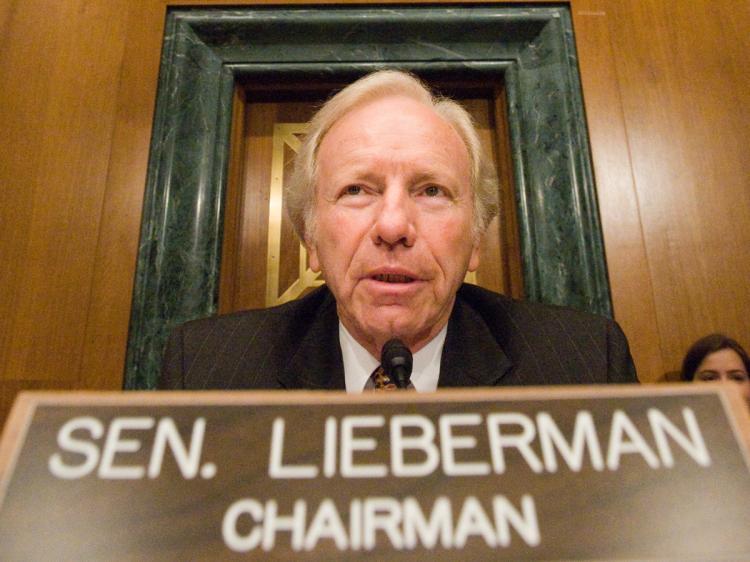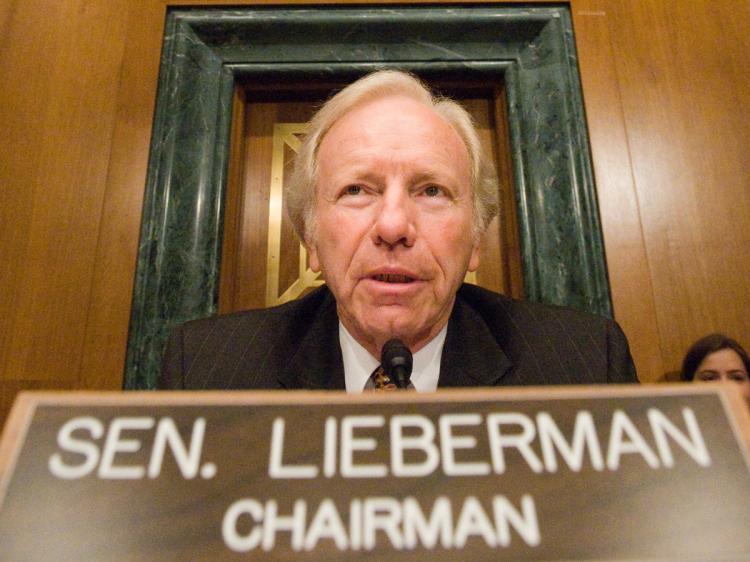In recent years, seven large companies scored almost $1 billion in U.S. government contracts while doing business in Iran’s energy sector. The contracts appear to be in conflict with the 1996 Iran Sanctions Act, which restricts foreign and domestic companies doing business with the U.S. government from also doing business with Iran.
The federal Government Accountability Office (GAO) identified 41 foreign companies that have done business in Iran’s energy sector. Of those, seven companies also got combined payments of nearly $880 million from the Department of Defense.
Last week, Homeland Security and Government Affairs Committee ranking member Susan Collins (R-Maine) and Chairman Joe Lieberman (I-Conn.) criticized the oversight and the violations of the sanctions act, which occurred from 2005 through 2009.
“Presidents of both parties have failed to enforce the existing law,” stated Sen. Lieberman during a congressional hearing on May 12. “As a result, many companies that make money from the United States government continue to do business with Iran, helping to sustain—directly or indirectly—the fanatical and anti-American regime in Tehran that regularly promises to bring ‘Death to America.’”
Some of the contracts included $319 million to Repsol of Spain and $312 million to Total of France for the purchase of fuel. They also included $111 million to Daelim Industrial Co. of South Korea for the construction of military family housing in Korea.
Under the sanctions act, federal contracts supporting companies doing business in the Iran energy sector would be stopped. However, no companies have been sanctioned for over a decade.
At first, this law merely applied to companies engaged in government contracts. But during last week’s hearing, Sens. Lieberman and Collins warned against companies engaging in commercial business in Iran. They said that they should be forced to choose between the markets of the two nations.
Sen. Lieberman said companies double-dipping would have to be given a choice to do business with one or the other, but not both. Sen. Collins echoed his sentiment, saying the practice of doing business with corporations that also do business with Iran is counter to America’s national security interests.
“I am extremely concerned by the GAO’s findings that the U.S. government entered into almost $880 million in contracts with seven foreign firms that had investments in Iran’s energy sector,” said Sen. Collins during the hearings. “I am at a loss to explain why the United States government would do business with corporations that are, at least indirectly, aiding and abetting Iran’s nuclear ambitions.”
The federal Government Accountability Office (GAO) identified 41 foreign companies that have done business in Iran’s energy sector. Of those, seven companies also got combined payments of nearly $880 million from the Department of Defense.
Last week, Homeland Security and Government Affairs Committee ranking member Susan Collins (R-Maine) and Chairman Joe Lieberman (I-Conn.) criticized the oversight and the violations of the sanctions act, which occurred from 2005 through 2009.
“Presidents of both parties have failed to enforce the existing law,” stated Sen. Lieberman during a congressional hearing on May 12. “As a result, many companies that make money from the United States government continue to do business with Iran, helping to sustain—directly or indirectly—the fanatical and anti-American regime in Tehran that regularly promises to bring ‘Death to America.’”
Some of the contracts included $319 million to Repsol of Spain and $312 million to Total of France for the purchase of fuel. They also included $111 million to Daelim Industrial Co. of South Korea for the construction of military family housing in Korea.
Under the sanctions act, federal contracts supporting companies doing business in the Iran energy sector would be stopped. However, no companies have been sanctioned for over a decade.
At first, this law merely applied to companies engaged in government contracts. But during last week’s hearing, Sens. Lieberman and Collins warned against companies engaging in commercial business in Iran. They said that they should be forced to choose between the markets of the two nations.
Sen. Lieberman said companies double-dipping would have to be given a choice to do business with one or the other, but not both. Sen. Collins echoed his sentiment, saying the practice of doing business with corporations that also do business with Iran is counter to America’s national security interests.
“I am extremely concerned by the GAO’s findings that the U.S. government entered into almost $880 million in contracts with seven foreign firms that had investments in Iran’s energy sector,” said Sen. Collins during the hearings. “I am at a loss to explain why the United States government would do business with corporations that are, at least indirectly, aiding and abetting Iran’s nuclear ambitions.”





